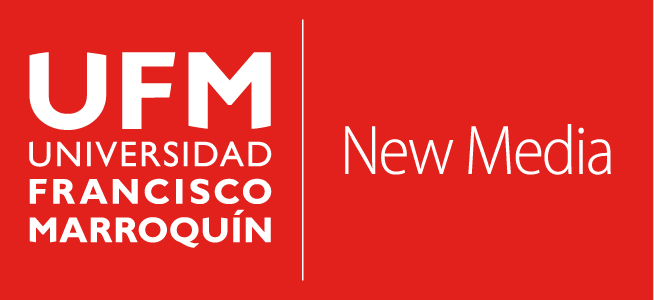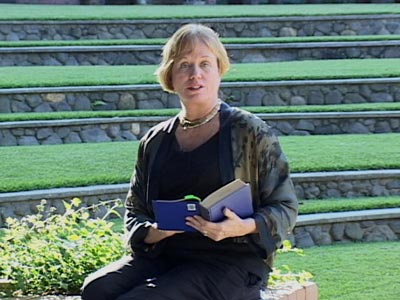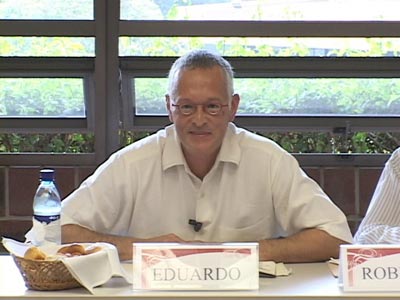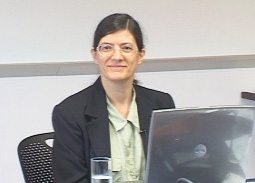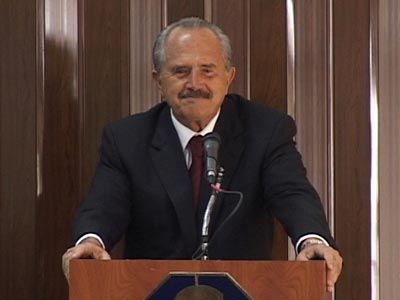About this videoThe economic problems of the mining industry are: incentives to discover, proper allocation of resources, corruption, appropriate tradeoffs, environmental responsibility, and the resource course. In the 19th Century, The U.S. General Mining Law and the California Gold how can private property rights solved these problems and promoted the development of the mining industry. |
|
CreditsProperty Rights & Mining: Lessons form the U.S. Experience | |
